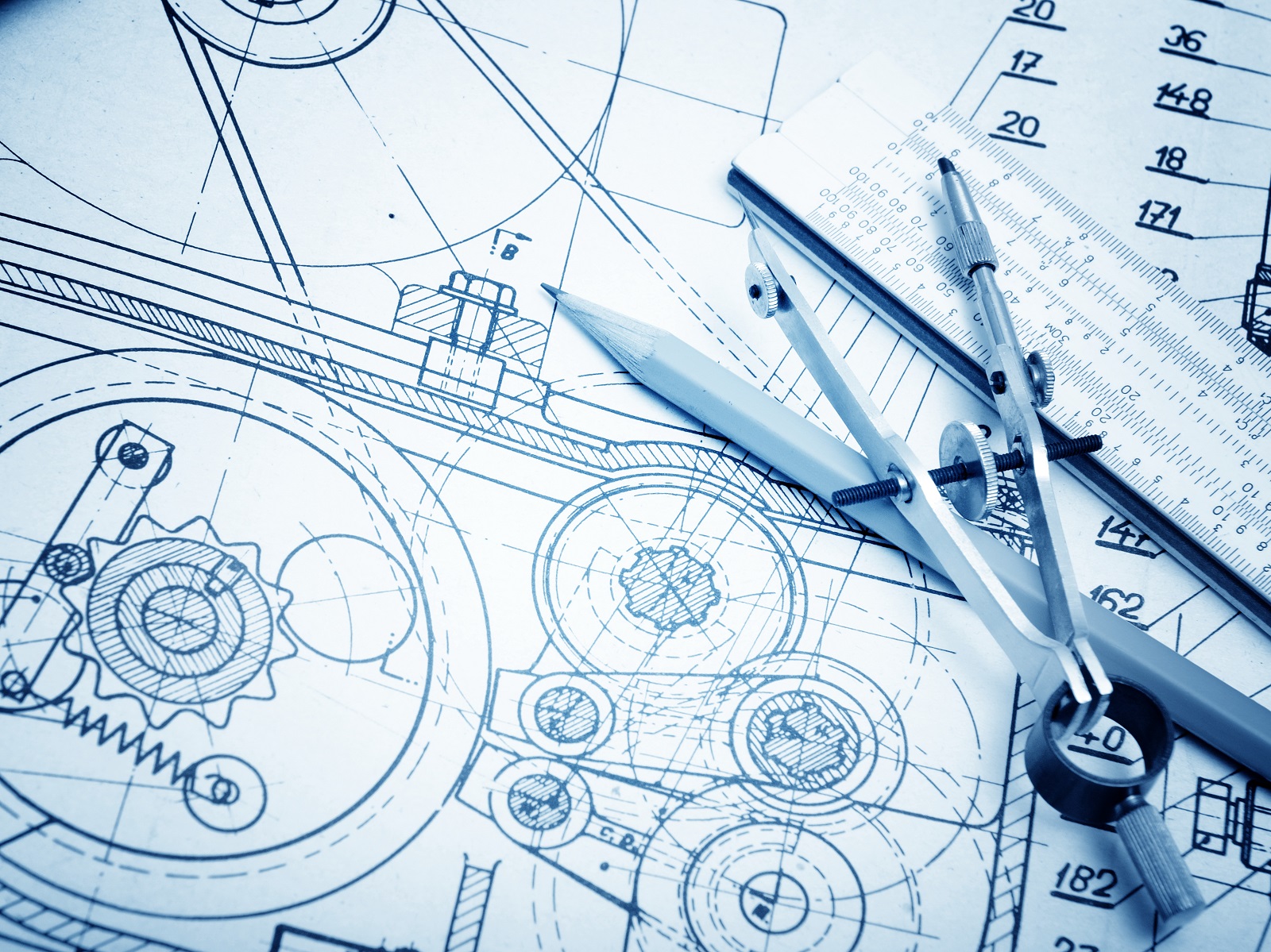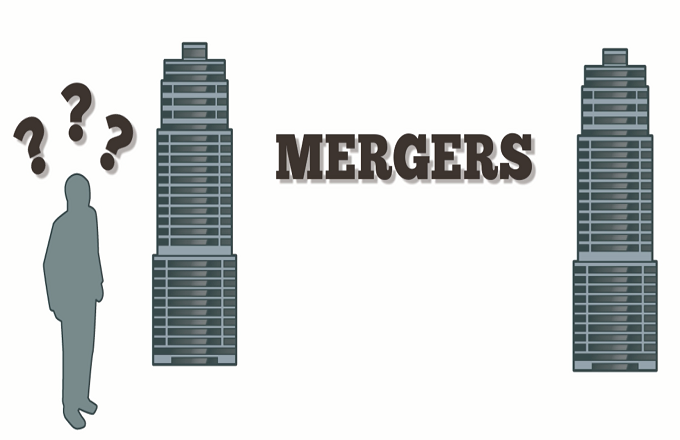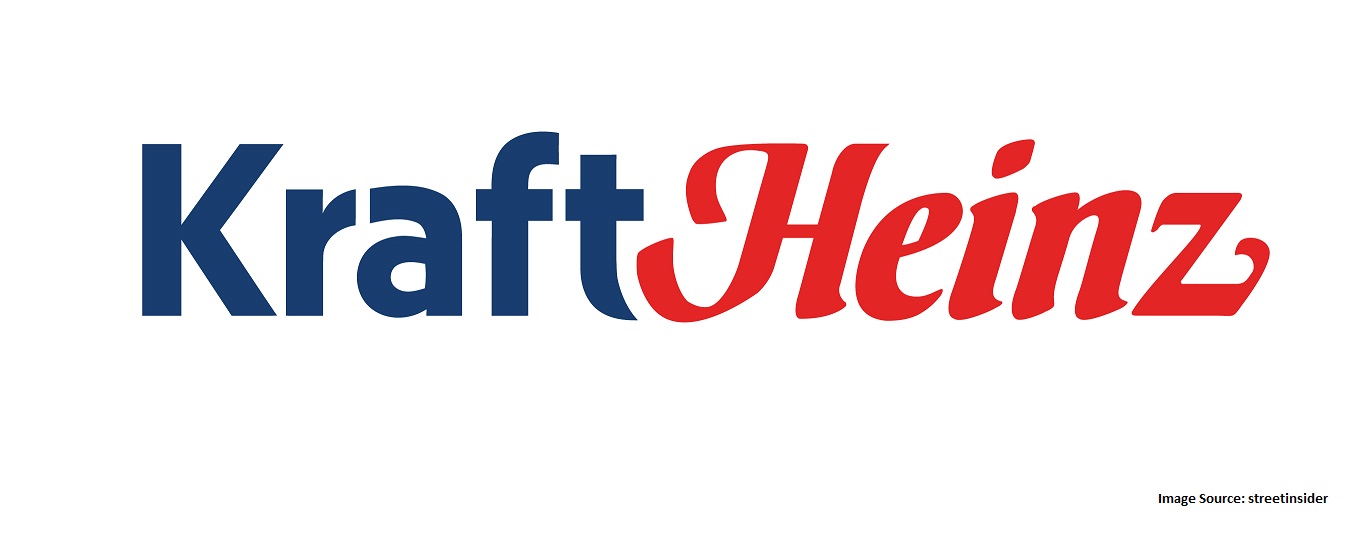Tata Steel Ltd’s shareholders had cheered its share up, not so long ago, when the company said it wants to exit its UK steel strips business. Last Thursday, it disclosed an agreement with unions to keep the blast furnaces in Port Talbot running for at least five years and invest more behind the business. Still, the stock market cheered, sending its share up.
The Street may be interpreting this as one less hurdle in the path to a joint venture with ThyssenKrupp, which has replaced the original idea of selling the business. The pension liabilities were said to be a stumbling block, part of which is being tackled now.
Tata Steel said it has asked workers to agree to changes in their pension plans. Trade union leaders have agreed. First, existing employees will be moved to a defined contribution plan from a defined benefit plan. There are changes to their employment terms, too, but these have not been spelled out. Workers will need to vote and approve these proposals, according to a BBC report. That creates some uncertainty.
The BBC report also says Tata Steel has agreed to invest £1 billion over 10 years to support the steel business at Port Talbot. It will avoid making jobs redundant for five years. The new pension scheme will involve a maximum of 10% contribution from the company and 6% by employees. The level prevailing since 1 April is 11.5% from the company and 6.5% by employees, according to the Tata Steel UK annual report. A lower liability means lower costs. Moving to a defined benefit scheme removes the uncertainty associated with funding asset-liability deficits.
There is still the matter of the historical liabilities of the British Steel Pension Scheme fund. This is to be separately finalized in consultation with the UK government, a process that had started after the firm announced its intention to exit. A successful resolution should hopefully put a limit to Tata Steel’s obligations to the fund to meet any future deficits that may arise.
This still does not tackle other problems such as overcapacity in steel, higher energy costs, dumping by China, a sluggish euro zone economy, and the need to invest more money in UK operations. If shareholders are still cheerful, then it is due to the progress on key issues, which they hope will culminate in a JV with ThyssenKrupp. If an exit from the UK is not on the cards, sharing the burden is a more palatable outcome. They may not be happy if Tata Steel decides to run the business by itself, emboldened by having successfully disposed of problem assets and tackling knotty issues such as pension liabilities.
Recent Articles on M&A
Source: Mint





